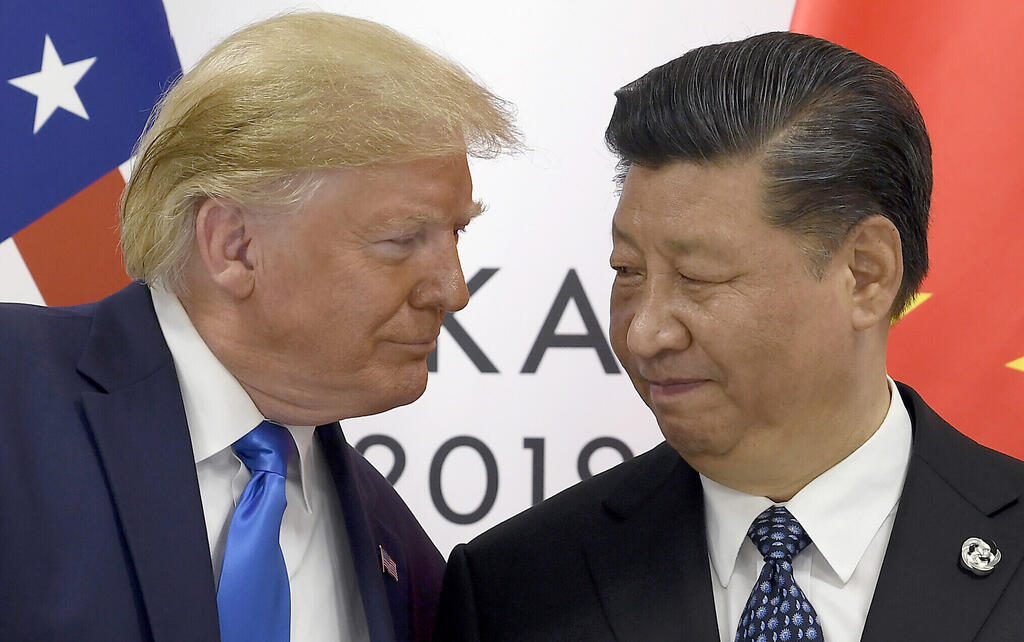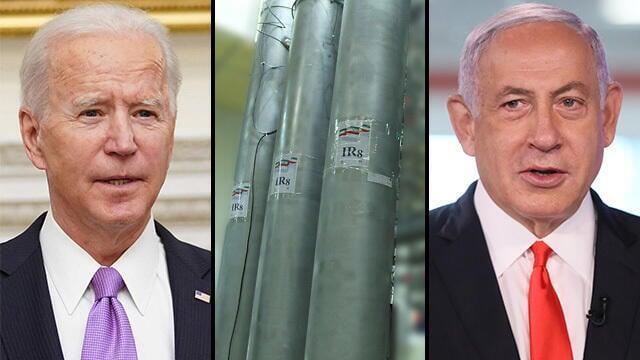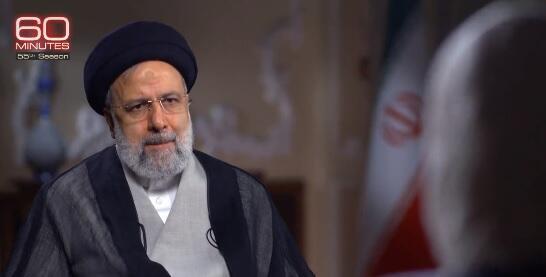Getting your Trinity Audio player ready...
Prominent security officials have reportedly been concerned over Prime Minister Netanyahu's announcement that he was invited by the Chinese leadership to visit Beijing, while relations with the U.S. remain strained.
Some have said Israe's standing could suffer increasingly along with worse tension in the relations between Netanyahu and U.S. President Joe Biden, while the U.S. and China lock horns over trade, with more restrictions expected to be announced on Chinese investments in America.
Netanyahu claims security and intelligence collaboration between the United States and Israel has reached unparalleled levels. This is substantiated by senior members of the military and officials in the Defense Ministry and evidenced by the recent years' rigorous war simulations drills, emulating offensives operations against the Islamic Republic.
Nevertheless, the current tension between Jerusalem and the White House is clearly felt in the military. In their comprehensive analysis of the risk of war this year, the IDF identified three primary factors discerned by their adversaries. Firstly, they attribute the vulnerability of the United States in the region and the perception its allies do not receive adequate backing and protection - for example, they cite Saudi Arabia's resumption of ties with Iran.
Secondly, the internal turmoil resulting from the judicial overhaul and Lastly, and most significantly, the perceived deterioration of the Israeli-American alliance, to the extent that they fear there is no longer a guarantee that the US would come to Israel's defense in times of a full-scale war.
3 View gallery


Former U.S. President Trump with Chinese leader Xi during a meeting on the sidelines of the G-20 summit in 2019
(Photo: AP)
Returning to the United States, their response to the Netnayahu's Chinese visit has remained relatively subdued. China, on the other hand, is regarded as a major adversary by both Republicans and Democrats. Israel continues to grapple with the lingering fallout from the Phalcon plane crisis of two decades ago, a spy plane that Israel sought to sell to China, resulting in a severe security crisis between the two nations.
As previously stated, the security partnership between the two countries remains strong, but only at the level of the respective chiefs of staff. General Mark Milley's planned visit this week was canceled due to the attempted coup in Russia, but beyond that, Netanyahu has refused to allow Defense Minister Yoav Gallant to visit Washington, who instead had to meet with his American counterpart Lloyd Austin, in Brussels ten days ago.
The meeting itself was described as productive, but considering it was conducted outside the United States, it underscores the ongoing political awkwardness and the delicate nature of bilateral relations between the two long-time allies.
Netanyahu may argue that this visit serves as a signal to the United States, possibly emulating other regional players like Saudi Arabia, who maintain ties with Iran, China, and the US. However, it is essential to recognize that Israel's relationship with the US is distinct.
The American commitment to Israel's security is unparalleled, evident not only in the substantial aid budget of nearly four billion dollars annually but also in the technological advantages derived from defense industries and the extensive support received at the United Nations.
Israel has had her sights firmly planted on Iranian Uranium enrichment sites in places like Natanz and others for quite a while. However, while the dogs of war continue to incessantly bark, it's clear that independent of direct American involvement, will likely deliver no ferocious bite.
Given Israel's deteriorating strategic situation and the prevailing internal crisis, it is imperative to avoid any security lapse with our closest ally. Antagonizing the Americans is simply out of the question, especially at this critical juncture.
Now, more than ever, we require robust security assistance to ensure our superiority and enduring capability in a potentially protracted and multi-front conflict. Essential procurement agreements, encompassing fighter jets and precision munitions, are currently in progress, underscoring the significance of maintaining a strong and reliable partnership.



